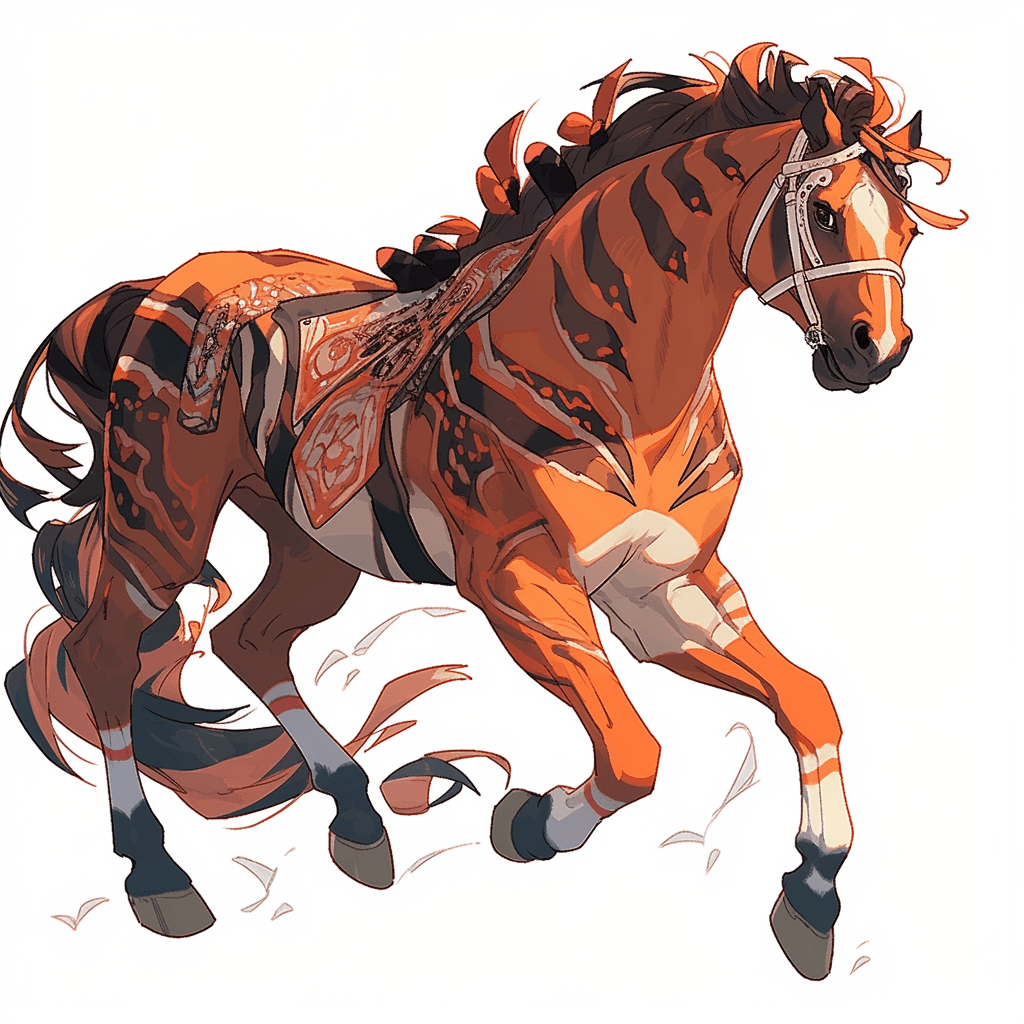Hello there, fellow language enthusiasts! So, last October, I was planning a trip to one of my favorite places in China, The Great Wall.
I was excited to immerse myself in the rich history and enjoy the breathtaking views. But guess what? I had completely forgotten that it was “Golden Week,” China’s most popular tourism week! Well, you can imagine my surprise when I arrived to find an ocean of people.
I was caught in a literal sea of human beings – a perfect real-life example of our idiom of the day: “人山人海” Rénshānrénhǎi!
Definition of 人山人海
Today’s idiom is written in traditional Chinese as “人山人海”, and in simplified as “人山人海”. In pinyin, we write it as “Rénshānrénhǎi”. If we break it down, we have “人” (rén) which means people, “山” (shān) which translates to mountain, and “海” (hǎi) meaning sea.
Put it all together, and it translates to a scene of “mountains and seas of people” in English, or simply, it means a place is extremely crowded or congested with people.
History of 人山人海
The history of this idiom is just as intriguing as the phrase itself! It originates from one of the earliest Chinese novels written in vernacular Mandarin, “水浒全传” (Shuǐ Hǔ Quán Zhuàn) by 施耐庵 (Shī Nài Ān), known in English as “Water Margin” or “Outlaws of the Marsh”.
Set in the Northern Song dynasty (around 1120), “Water Margin” narrates the tale of 108 outlaws who gather at Mount Liang to rebel against the government. These outlaws, led by Song Jiang, were active in the Huainan region, creating havoc and disrupting the peace until they were defeated by General Zhang Shuye.
The novel is based on these exploits and the folk stories that circulated about Song Jiang and his companions during the Southern Song period.
Modern Usage of 人山人海
Now, let’s bring it back to the present. In modern times, we use “人山人海” to describe a scene where there are huge crowds of people, such as a tourist attraction or a bustling city square.
It’s like saying there’s a ‘sea of people’ or a ‘mountain of people’! It’s particularly relevant during times like the October 1 National Day and the “Golden Week,” when public places in China become so crowded that they’re described as “人山人海”.
Generally, the structure for using this idiom would be: place name + 人山人海. For instance, “广场上人山人海” translates to “The square was a sea of people” and “我看到大街上人山人海” means “I saw a large crowd of people in the street”.
3 Example Sentences of 人山人海
Now let’s look at some new examples:
1. 台北101人山人海。
2. 春節期間,購物中心人山人海。
3. 博會的開幕式現場人山人海。
1. Táiběi 101 rénshānrénhǎi.
2. Chūnjié qījiān, gòuwù zhōngxīn rénshānrénhǎi.
3. Shìbóhuì de kāimùshì xiànchǎng rénshānrénhǎi.
1. 台北101人山人海。
2. 春节期间,购物中心人山人海。
3. 博会的开幕式现场人山人海。
1. Taipei 101 was a sea of people.
2. During the Spring Festival, the shopping center was a sea of people.
3. The opening ceremony of the World Expo was a sea of people.
I hope this article helps you understand and use “人山人海” more confidently. Remember, language is not just about grammar and vocabulary, it’s also about immersing yourself in culture and history. So, next time you see a big crowd, remember our idiom of the day and smile.
You’ve got this! Happy learning!
Want more Chinese idioms? Here are 20 useful Chinese proverbs.




